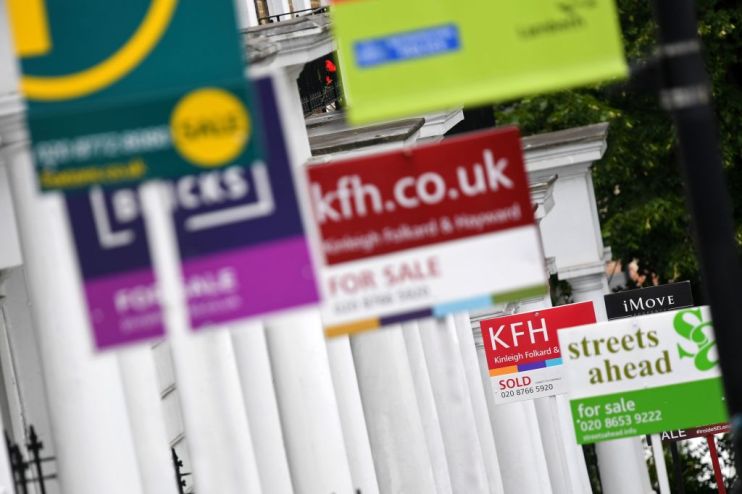Confidence in property market goes up despite end of Stamp Duty holiday

UK buyers are increasingly becoming more positive when it comes to the property market, despite the Stamp Duty holiday coming to an end at the end of last month.
Data from OnTheMarket’s property sentiment index revealed that, within the next three months, 74 per cent of active UK buyers firmly believed they would buy a property while 81 per cent trusted they would manage to sell.
“I said in last months’ property sentiment index that this is the best market in which to sell in two decades – potentially longer – and looking at the data for September, I’d stand by that statement,” said OnTheMarket’s chief executive Jason Tebb.
The number of properties that went under offer in within 30 days saw an 11 per cent increase in the last year, going from 44 to 55 per cent year-on-year.
“This all points to the fact that serious property seekers still have a lot of confidence in their search,” said Tebb.
Buyers haven’t lost their faith in the market, despite the end of tax breaks.
The Stamp Duty holiday was introduced by the UK Government in June 2020 to help those affected by the pandemic, allowing buyers to avoid paying the tax on the first £500,000 of a property purchase.
The break – which was extended until the end of September – was not mentioned in yesterday’s Budget, leading many to believe the Chancellor will not further extend it.
On the lettings’ side, the housebuilding market’s crisis has created “a perfect storm” where agents see properties for rent go to sealed bids and prices rise in many parts of the UK.
“This is the result of a perfect storm of home movers taking advantage of the current buoyant market and selling their to ‘go into rented’ to break a chain and put themselves in a better position when they do find the right property,” he said.
“This, together with many landlords also taking advantage of the current market and ‘cashing out’, is reducing available lettings stock, adding further to the usual levels of tenant demand and therefore compounding the shortage in the private rented sector.”